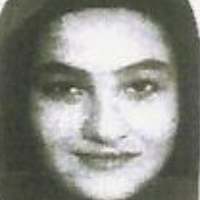Comparison of the effectiveness of impulse control training and dialectical behavior therapy on impulsivity in adolescent girls
The aim of this study was to determine the effectiveness of impulse control training and dialectical behavioral therapy on unplanned, motor and cognitive impulsivity in adolescent girls with disordered mood disorders.
The present study is a quasi-experimental study with two experimental groups and one control group. The statistical population of the present study was girls with disordered mood disorder who were available in each group of 7 patients after diagnosis. Measurement tools included clinical interview based on DSM-5 and Bart (1994) Impulsivity Scale. During this period, the control group did not receive any intervention. The results were analyzed using multivariate analysis of covariance.
The results showed that there was a significant difference between the mean scores of the impulsivity subscales of the experimental group of impulse control and dialectical behavior therapy with the control group (p <0.001). There is a significant difference dialectically (p <0.001).
In the field of treatment and work with people who are in a state of crisis and impulsivity, impulse control and dialectical behavior therapy, considering its nature, seems to be very effective and promising.
-
Effectiveness of Compensatory Cognitive Training on Concentration and Self-Regulation Skills in Hyperactive Disorder (ADHD) Students
Najaf Tahmasabipour *, Zahra Baharvandirannia, Maryam Zare, Zohreh Amani
Journal of Family and Health, -
Investigating Effectiveness of Cognitive-Behavioral Couple Therapy on Sexual Desire and Entitlement in Women
Somaye Mohammadvardi *, Shima Heydari
Journal of Family and Health,


